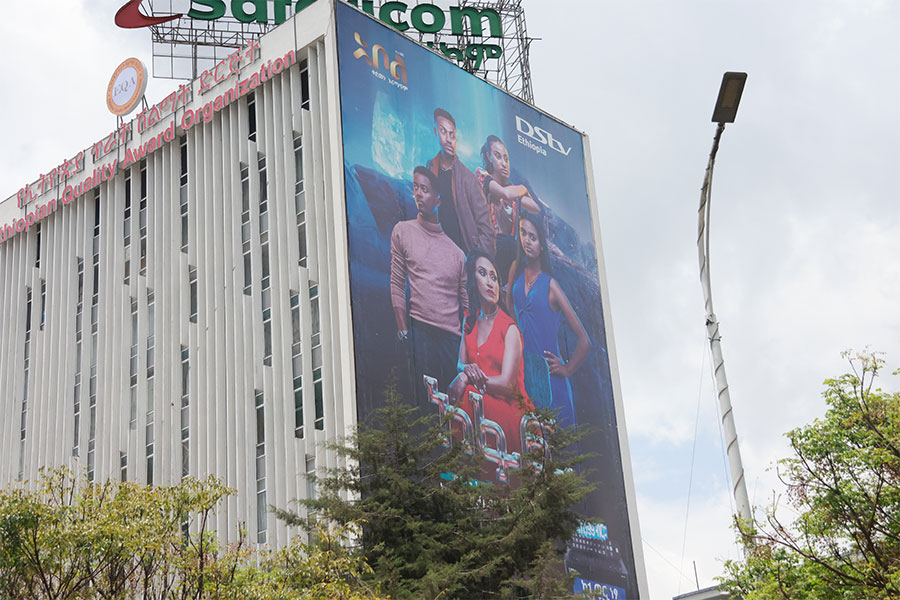
Featured | Sep 23,2023
Nov 14 , 2020
By Eden Sahle
Words are potent, and it is in the use of language that narratives of our politics are shaped. The harsher and more insensitive the words are, it is a signal of the state of our circumstances.
From the harsh words, we have come to hear from our leaders to the hate speech and labelling on social media and the one-sided reporting of mainstream media, our mental and emotional hygiene is being sullied. Surprisingly, even the state-owned media, generally held in place by a rather conservative approach, is currently unable to filter language before it gets to the public.
The public is sad, stressed, confused, scared and angry. Some parents have started keeping their children away from the local media to save them exposure from the harsh language that reporters boldly read out unabashed.
Expected to be traditional watchdogs against wrongdoing, state-owned or not, the media have become politicians’ spokespersons, representing the interests of this or that political ideology or view.
The political instability in the country has struck hard at the already biased and fragile media. Most of the media has lost touch with their responsibility to report the news fully, accurately and fairly.
With the current political situation of the country in great flux, the poor quality and biased information available to us is alarming. These have complicated the way the public holds leaders accountable and how the national discourse is being shaped.
Such irresponsibility and impartiality by most media outlets is intertwined with an uninformed public. The combination is creating such a rough engagement on social media; it continues to threaten to find its way to the ground. The result is a precipitous decline in public trust in not just mainstream media, but the new online media that has been gaining influence over the past two years.
Destructive, discriminatory, and inflammatory media reporting is dangerous because of its ability to affect public opinion and politics. Almost all media in Ethiopia have a great deal to learn about journalism to establish independence.
Democracy is dependent upon an impartial, professional and responsible media. Their role is to inform the truth, criticise the wrong and stimulate constructive debate. The country desperately needs outlets that can help make individuals make sense of complicated matters and deal amicably with the ever-changing nature of Ethiopia’s political, social and economic situation.
Being responsible not only means telling the truth, but also abiding by the law and being candid and neutral in the way of gathering and disseminating of information. When the media drifts, taking sides and presenting narratives as powerful stakeholders push them, then it loses the respect and trust of the public.
Journalists must exercise high standards of objectivity, professionalism, and refrain from undue attacks on political parties and individuals. They should provide checks and balances on the activities of the three arms of government representing the interests of the people against powerful interests.
The media exists to inform the public with the truth, not to excite anger, bullying, anxiety and confusion. In a time of substantial instability, it is vital to have an independent Fourth Estate that is accountable enough to enlighten the public with facts. At the time of extensive political and social confusion, the media needs to present its public with strong and trusted news that informs citizens about the current affairs of the country and provides analysis.
Indeed, this can only happen in an environment where the media feels empowered, and the government is not hampering the media's ability to cover the news accurately, fairly and independently. The constitutional right to freedom of expression should be exercised, with the view that media outlets are responsible for their content, and the government offers them protection from prosecution due to the mere exercise of their reporting duties.
PUBLISHED ON
Nov 14,2020 [ VOL
21 , NO
1072]

Featured | Sep 23,2023

Viewpoints | May 15,2021
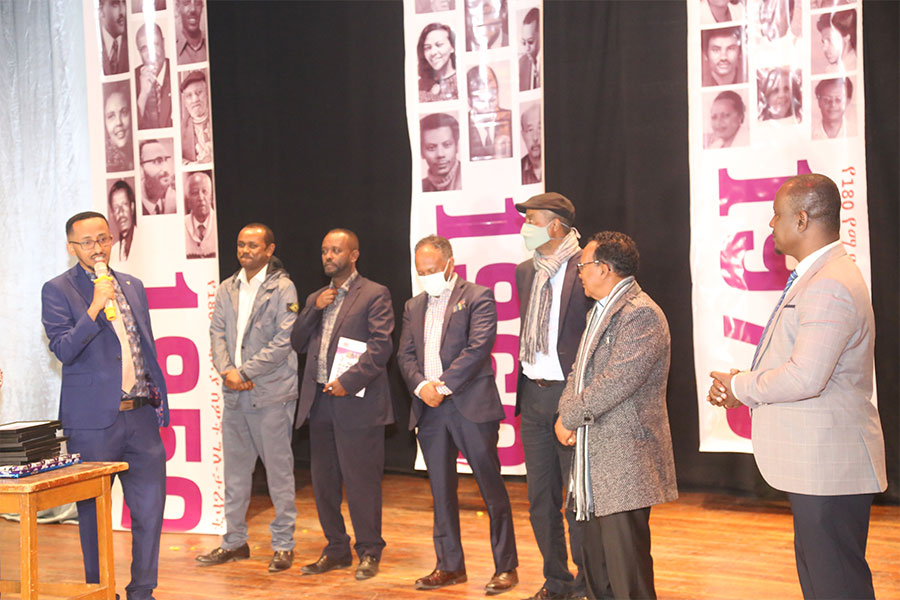
Radar | Aug 13,2022
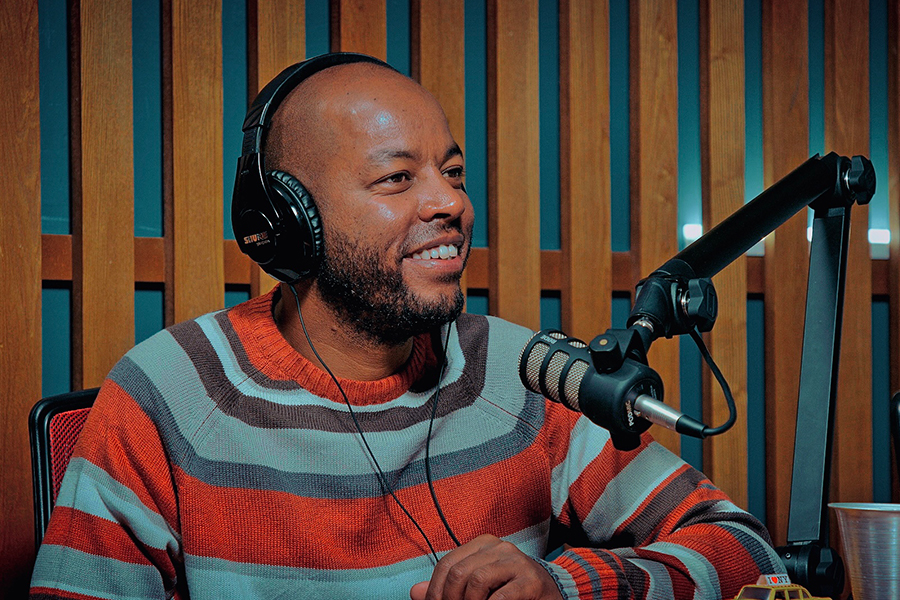
Featured | Sep 08,2024

Commentaries | Jun 19,2021

My Opinion | Mar 30,2019
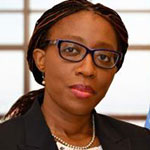
Verbatim | May 04,2019

Life Matters | Feb 11,2023

My Opinion | Dec 04,2020
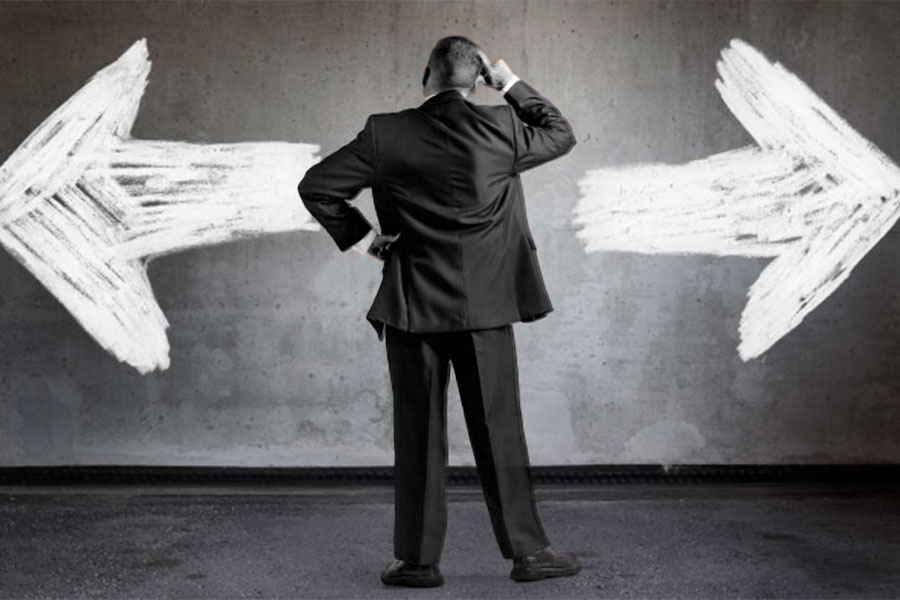
View From Arada | Jul 05,2025

Photo Gallery | 178416 Views | May 06,2019

Photo Gallery | 168616 Views | Apr 26,2019

Photo Gallery | 159416 Views | Oct 06,2021

My Opinion | 137072 Views | Aug 14,2021
Commentaries | Oct 25,2025

Dec 22 , 2024 . By TIZITA SHEWAFERAW
Charged with transforming colossal state-owned enterprises into modern and competitiv...

Aug 18 , 2024 . By AKSAH ITALO
Although predictable Yonas Zerihun's job in the ride-hailing service is not immune to...

Jul 28 , 2024 . By TIZITA SHEWAFERAW
Unhabitual, perhaps too many, Samuel Gebreyohannes, 38, used to occasionally enjoy a couple of beers at breakfast. However, he recently swit...

Jul 13 , 2024 . By AKSAH ITALO
Investors who rely on tractors, trucks, and field vehicles for commuting, transporting commodities, and f...

Oct 25 , 2025
The regulatory machinery is on overdrive. In only two years, no fewer than 35 new pro...

Oct 18 , 2025
The political establishment, notably the ruling party and its top brass, has become p...

Oct 11 , 2025
Ladislas Farago, a roving Associated Press (AP) correspondent, arrived in Ethiopia in...

Oct 4 , 2025
Eyob Tekalegn (PhD) had been in the Governor's chair for only weeks when, on Septembe...

Oct 25 , 2025 . By YITBAREK GETACHEW
Officials of the Addis Abeba's Education Bureau have embarked on an ambitious experim...

Oct 26 , 2025 . By YITBAREK GETACHEW
The federal government is making a landmark shift in its investment incentive regime...

Oct 29 , 2025 . By NAHOM AYELE
The National Bank of Ethiopia (NBE) is preparing to issue a directive that will funda...

Oct 26 , 2025 . By SURAFEL MULUGETA
A community of booksellers shadowing the Ethiopian National Theatre has been jolted b...